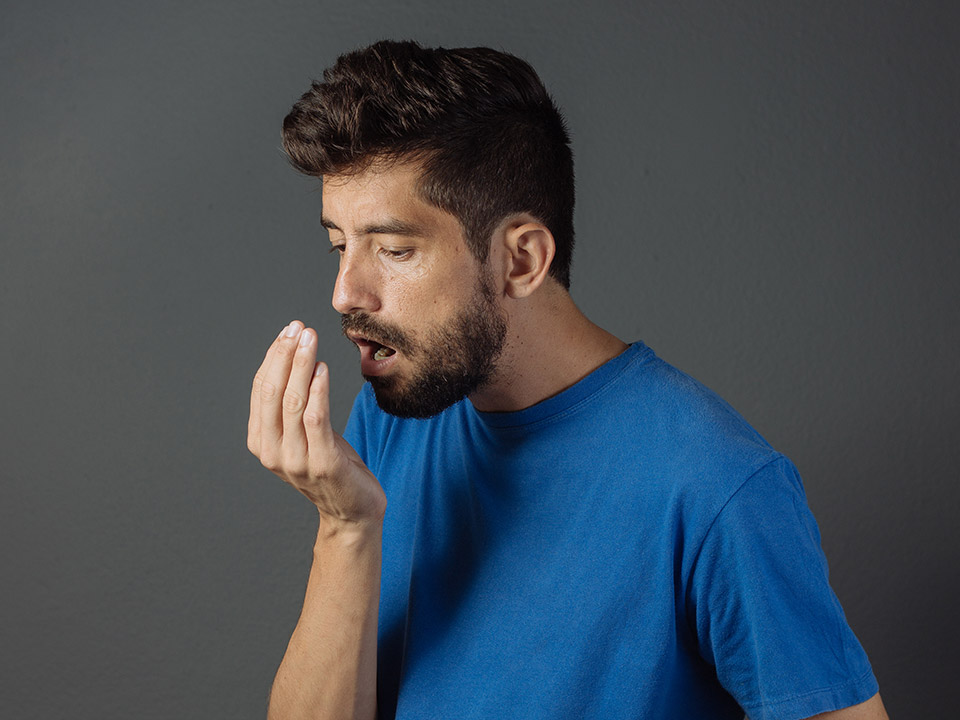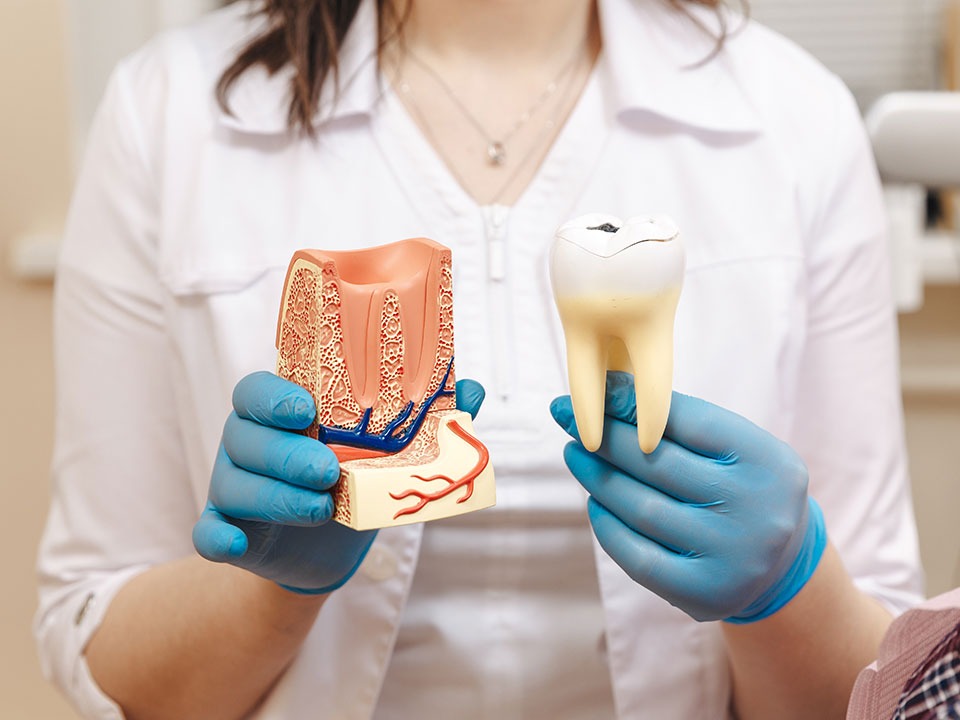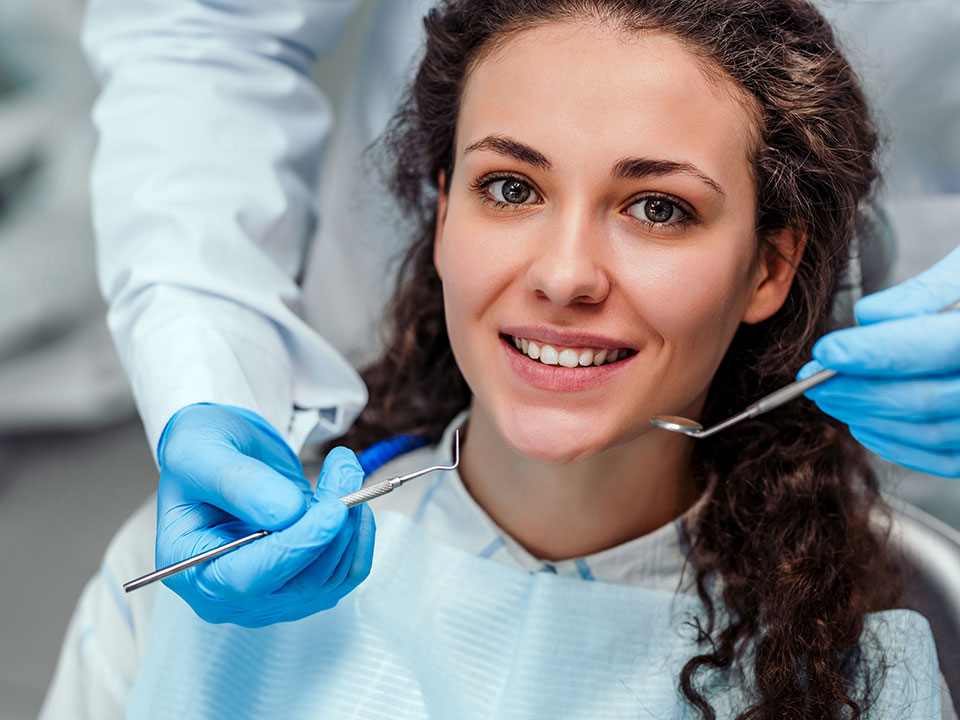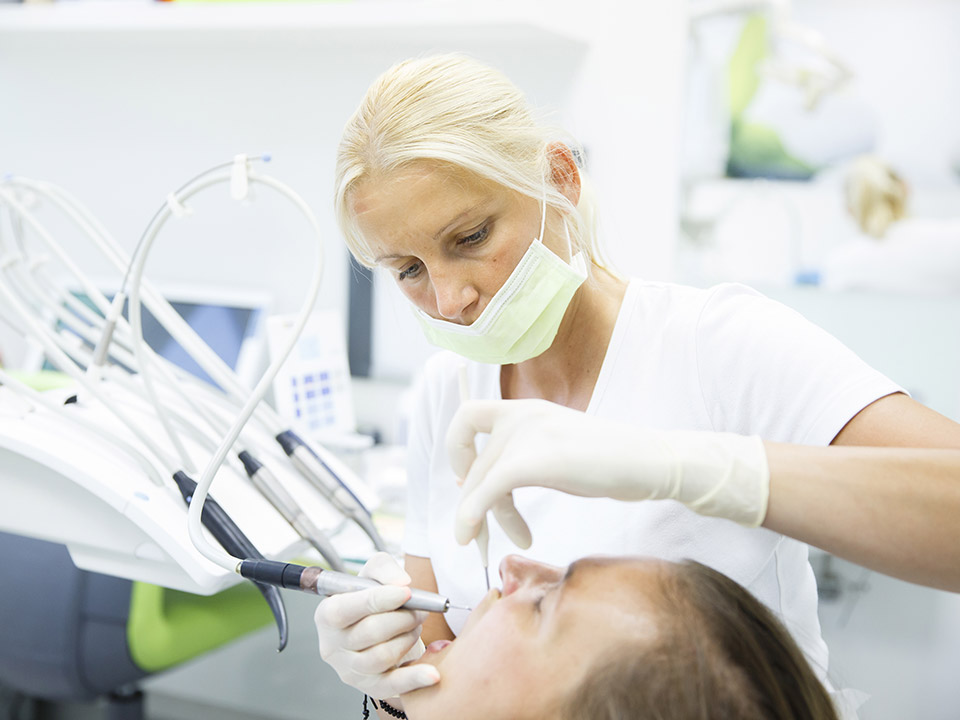Are you having problems with bad breath or inflamed gums? Probiotics are a nice solution to solving some of the oral issues that you might be experiencing.
There are millions of microbes living in your body, including your mouth. Some of these microbes include bacteria, viruses, and fungi. However, not all these microorganisms are there to harm you. Some are helpful because they keep harmful microbes in check.
If the balance between the good and bad microbes is compromised, there can be devastating effects on your overall health, including your dental health.
So, what are probiotics, and what do they have to do with helping manage your oral issues?
What Are Oral Probiotics?
Oral or dental probiotics are specific strains of bacteria and yeast that help support and improve oral health. They encourage the growth of good bacteria and decrease the bacteria that lead to dental problems.
The main way that probiotics work is by introducing competition in your body. Increasing the number of good bacteria reduces the population of pathogenic (bad) bacteria.
The most common dental probiotics contain the following bacteria:
- Lactobacillus salivarius
- Lactobacillus sakei
- Lactobacillus paracasei
- Lactobacillus reuteri
- Streptococcus salivarius K12
- Streptococcus salivarius M18
In addition, your oral health is also connected to the rest of your body. Good gut bacteria can also increase your chances of not developing dental issues. For instance, children with gut probiotics have less risk of suffering from cavities during development.
How Does Bacteria Imbalance Happen?
There are a couple of reasons that can trigger oral bacteria imbalance.
Oral Hygiene – Poor oral hygiene is one of the leading causes of a shift in bacteria balance.
Dry Mouth – Saliva is crucial in cleaning out bacteria and plaque from the mouth. Low saliva production can lead to an increase in harmful bacteria.
Weak Immune – In addition, a weak immune system can lead to increased pathogenic bacteria spread in your mouth and body.
Genetics – Lastly, genetics also affect the number of helpful bacteria in your body.
Benefits Of Oral Probiotics
Dental probiotics have shown considerable benefits in preventing allergies and infectious diseases. Probiotics are considered a natural and effective way to fight many bad bacteria.
Let us look at some of the benefits of taking oral probiotics.
Prevent Plaque
Plaque is made up of sticky sugar substrates, bacteria, and saliva. One of the bacteria responsible for plaque formation and cavities is Streptococcus mutans. The bacteria feed on sugars and turn them into lactic acid, which is responsible for cavities.
Research found that probiotic bacteria can help reduce or stop the bacteria, reducing plaque formation. Probiotics also produce antibacterial compounds that help fight Streptococcus mutans.
Likewise, oral probiotics also change the pH level and saliva quality. Both these qualities help improve the remineralization of the teeth, which improves your enamel.
Prevent and Manage Gum Disease
Gum disease or periodontitis is a chronic inflammatory disease that affects the gums. A bacteria imbalance in your mouth can lead to more pathogenic microbe growth. This can lead to inflammation as white blood cells try to manage the infection from spreading. If the infection spreads too far, it can eat away the jaw bone, leading to teeth loss.
Several bacteria strains are known to help restore oral health by preventing and managing periodontitis. The lactobacilli group fights several bacteria that can cause gum inflammation and discomfort.
Prevent Bad Breath
Bad breath or halitosis is also one of the most common oral problems. It is caused by the bacteria feeding on sugars and producing sulfur gas and volatile sulfur compounds (VSCs) in the mouth or gut.
Using probiotic mouthwash or chewing gum is a good way of preventing halitosis. Some probiotics reduce the number of sulfur-producing bacteria, naturally lowering the levels of bad breath. The most common group of bacteria responsible for reducing halitosis is Streptococcus.
Manage Gingivitis Symptoms
Gingivitis is an oral infection of the gums. Gingivitis is one of the causes of periodontitis and bleeding gums.
Using oral probiotics in your oral care routine can help manage some of the symptoms caused by gingivitis. Studies indicate that probiotics lower the gingival index, which is a marker of the condition. Furthermore, they also fight off bacteria that cause the condition, stopping bleeding gums and reducing gum inflammation.
Prevent Respiratory Infections
As previously stated, the mouth and the body are all connected, and it is simple for mouth infections to spread to your lungs and vice versa. Bacteria and viruses can easily travel to and from the respiratory tract causing diseases like the cold, bronchitis, strep throat, and sinusitis.
Dental probiotics may reduce the risk of respiratory infections. The helpful bacteria crowd out harmful microorganisms that can lead to strep throat, sore throat, and scarlet fever, especially among children.
Prevent Oral Thrush/Candidiasis
Oral candidiasis is a condition caused by a candida fungus infection. The fungus overgrows in the mouth, leading to redness, a burning sensation, dry mouth, and white spots on the tongue.
Apart from avoiding sugars and yeast, dental probiotics are also a good way to prevent oral thrush—the probiotics fight for more resources in the mouth, which decreases the candida fungus. In addition, Lactobacillus species also help prevent the fungus from producing a biofilm in the mouth, ensuring oral tissue recovery.
Prevent Tonsillitis
Tonsillitis is the inflammation of the tonsils found at the back of your throat. A bacterial infection or tonsil stones can cause inflammation. Tonsil stones are calcified materials from plaque and bacteria stuck between the tonsil tissues.
Probiotics may help reduce recurring tonsillitis by improving upper respiratory tract bacteria. In addition, by reducing plaque, probiotics also reduce the formation of tonsil stones.
Prevent Oral Cancer
In some cases, oral cancer may develop due to pathogenic bacteria in the mouth.
Although not confirmed, dental probiotics can help balance oral microbes, decreasing the risk of oral cancer.
What Foods Have Probiotics?
The best foods that are a source of probiotics are fermented foods. These foods include:
- Yogurt
- Soft cheese
- Enhanced milk
- Sourdough bread
- Miso
- Sour pickles
- Kimchi
- Kefir
However, supplements are also a good source of concentrated probiotics. These supplements may be found as pills, powders, or mouthwashes. People with a higher risk of infections should always consult their dentist before starting any supplement treatment.
Though probiotics are a good solution to some oral issues, you should always consult your orthodontist before using them. All About Smile Dentist Group is your one-stop for any oral conditions you need fixing.







